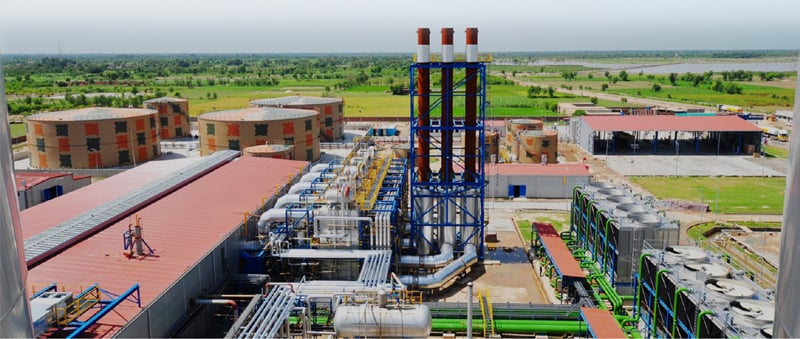
ISLAMABAD: Amid criticism over dollar-based tariff indexations, unnatural profits in the power sector and over Rs664 billion capacity charges, the government is in negotiations with independent power producers (IPPs) to secure concessions in various heads and bring down overall power costs.
Briefing the Senate Standing Committee on Power presided over by Senator Fida Muhammad, Secretary Power Division Irfan Ali said the government is currently in talks with the IPPs to get some concessions particularly in late payment surcharges and related issues. However he declined to disclose further details at this stage of ongoing negotiations.
He said the IPPs had guaranteed agreements with the Government of Pakistan but they had shown willingness to correct certain things voluntarily in recent meetings. “Let us reach a conclusion in another meeting or so on an agreement and then report back,” he said.
Ali said Prime Minister Imran Khan also desires that the government should hold talks with the IPPs and improve the terms of agreement. He acknowledged that there were some faults from the government’s side and some claims might not have been genuine from the private sector.
Talks underway to reduce penal interest charges, other matters; dollar indexation of returns comes under spotlight
A spokesperson for the IPPs told Dawn that the talks with the government are part of an out of court settlement that is under negotiation on the order given by the London Court of International Arbitration (LCIA). According to the spokesperson, the IPPs are discussing possible reductions on the penal interest charges on outstanding payments owed to the power producers. These charges currently stand at Kibor plus 4.5 per cent. The discussions revolve around bringing these down to Kibor plus 2pc, provided they are cleared within a stipulated time period. That time period also remains under negotiation.
The LCIA ordered the government to pay about Rs16bn in favour of the 10 IPPs under the 2002 Power Policy that had petitioned the arbitral court for redressal of their outstanding payments. The IPPs have since moved the Lahore High Court for implementation of the order, following which the government offered an out of court settlement.
Responding to Senator Nauman Wazir Khattak, the federal secretary explained that dollar-based indexation was originally allowed under the 1994 and 2002 power policies to investors who were making foreign investment in the power sector, but this continued on even local investments reportedly under a decision of the Economic Coordination Committee (ECC) of the cabinet. “This should not have happened,” said Mr Ali.
A senior official of the National Electric Power Regulatory Authority (Nepra) said the government used to offer upfront tariffs with different rates of return on equity and later the ECC issued guidelines to the regulator to allow Internal Rate of Return (IRR) based return on equity with dollar indexation.
Central Power Purchasing Agency CEO Abid Lodhi informed the committee that total capacity charges amounted to Rs664bn during fiscal year 2017-18.
Senator Khattak said it made sense for foreign investment to have dollar indexation for any exchange rate loss but it was unfortunate that investment in rupee is also allowed 15-17pc return on equity and that too based on dollar indexation. “The exchange rate for example had gone down from Rs104 to Rs140 over the past few months; imagine what impact it would have on capacity payments, energy payments and the overall tariff,” he said.
“This is unacceptable” he added and advised that average consumer tariff of about Rs20 per unit was not only unaffordable but rendering industry uncompetitive.
The Nepra representative agreed but said an exercise initiated by the power regulator was thwarted by the IPPs through restraining court orders on the ground that they were doing business under guaranteed approved power rates by the government and the regulator and their profitability could not be called into question.
Senator Khattak said the fuel used by power producers and claimed from power purchasers under Nepra rates could also be compared with fuel expenses reported to the SECP in balance sheets. “Many things would get exposed,” he said.
He sought details of agreements signed with IPPs and the copy of reported ECC guidelines sent to Nepra. The committee also sought month and year wise details of capacity payments made to IPPs during this fiscal year and the names of plants that were paid capacity charges without power supply or less than committed quantities.
Published in Dawn, April 17th, 2019













































